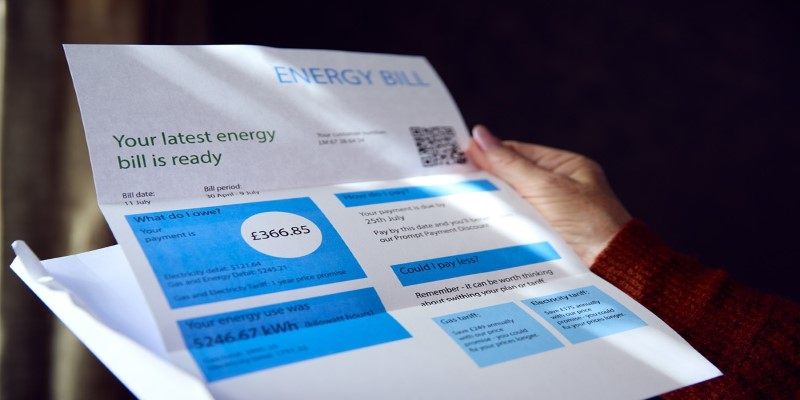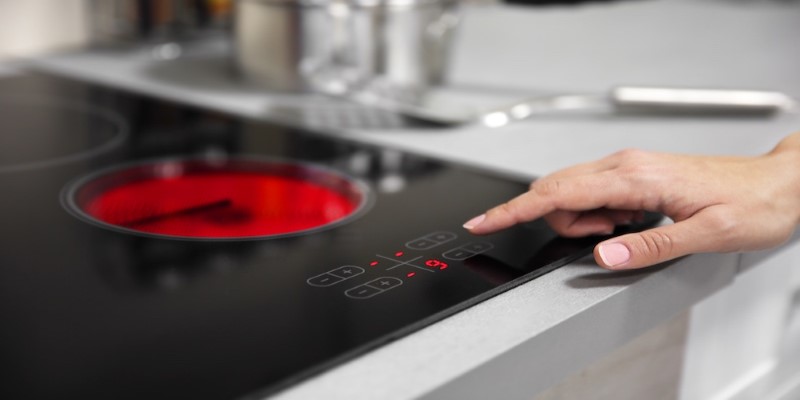Gas vs. Electric Cooking: Making the Best Choice for Your Home
When you're outfitting your kitchen, one of the biggest decisions you'll face is whether to go with a gas or electric range. Its not a simple choice, as both types have pros and cons that can affect everything from your cooking style to your energy bill. Some people swear by the instant heat control of gas stoves, while others love the convenience and even cooking of Electric stoves. This guide will break down the differences to help you figure out which range will fit your kitchen and cooking preferences better.

Understanding the Basics: Gas vs. Electric Range
To make an informed decision between gas and electric, you first need to understand how these two types of stoves operate. Each uses a different method to generate heat and has unique characteristics.
A gas stove uses either natural gas or propane and cooks food using an open flame, which can be easily controlled. Electric stoves, on the other hand, heat up through electric coils or smooth ceramic tops, offering a more consistent but slower heat distribution.
Now that you know how they work, lets explore how they affect your cooking experience.
Performance and Cooking Experience
When it comes to cooking, how a stove performs makes a big difference. Whether you're a beginner or a seasoned home chef, the stoves heat control, consistency, and response time all impact your dishes.
Heat Control and Precision
One of the key advantages of a gas range is its heat control. When you turn the knob on a gas stove, the flame adjusts immediately, offering precise control over how much heat youre applying. This instant responsiveness is crucial for tasks like simmering sauces or searing meat. Many chefs prefer gas stoves for exactly this reason.
Electric ranges, however, lag a little in this department. While they do get hot, they take longer to adjust temperatures. This delay can be frustrating when you need to cool something down quickly or bring a pan up to a high heat. However, some newer Electric stoves are equipped with better technology that allows for quicker temperature changes.
Cooking Consistency
On the flip side, Electric stoves often excel in providing even and consistent heat. Electric coils or smooth-top designs spread heat more evenly across the cooking surface, which is ideal for slow cooking or baking. Gas ranges, while responsive, can create uneven heat distribution since the flame tends to concentrate in one area of the pan. This difference can affect how well your food cooks, especially with baking, where even heat is key.
Now that weve seen how gas and electric ranges perform let's dive into their cost and energy efficiency to help you make a budget-conscious decision.
Energy Efficiency and Costs
The price of buying and operating a stove is just as important as performance. Heres how gas and electric stoves differ in costs and efficiency.
Upfront Costs: Electric stoves are generally more affordable to purchase and install. Most homes are already wired for electricity, making installation straightforward. Gas ranges may require a gas line installation if your home doesnt already have one, which adds to the overall cost.
Energy Bills: Long-term energy costs shift the equation. Cooking with a gas stove is typically less expensive since natural gas tends to be cheaper than electricity. This means the higher upfront cost of a gas stove can be offset by lower monthly energy bills, which adds up for frequent cooks.

Energy Efficiency: Electric ranges are typically more efficient at converting energy into heat, with almost all energy going directly to the pot or pan. Gas stoves lose some energy through the flame and surrounding air, making them less efficient. However, because gas is generally cheaper, the overall cost still tends to favor gas over time.
Safety Considerations
Safety is another crucial factor, especially in a busy kitchen. Whether you have kids running around or just want peace of mind, understanding the safety risks of gas and electric stoves is essential.
Safety Concerns with Gas Stoves
While many home chefs love gas stoves for their cooking precision, there are some safety concerns to keep in mind. Gas stoves can leak natural gas, which is not only hazardous for inhalation but also poses a fire risk. Additionally, the open flame on a gas stove can increase the risk of burns or fires if something flammable gets too close. Modern gas ranges usually come with safety features like automatic shut-off valves, but theres always a potential risk when dealing with combustible gases.
Electric Stove Safety

Electric stoves, in contrast, don't have the risk of gas leaks or open flames, making them safer in households with children or pets. However, electric stovetops, especially smooth-top ones, remain hot for longer after you've turned them off, which could lead to accidental burns if touched too soon. Additionally, if there's a power outage, your electric stove won't function, which could be a downside, depending on where you live.
Maintenance and Durability
Like any kitchen appliance, your stove will require regular cleaning and upkeep to stay in top condition. The amount of maintenance required for gas vs. Electric stoves varies and can influence your decision.
Gas Stove Maintenance: Gas stoves require more upkeep. Burners need regular cleaning to prevent clogging, and grease can accumulate on the grates. With more parts involved, theres a higher chance of things going wrong. Nonetheless, many gas stoves are durable and can last many years with proper care.
Electric Stove Maintenance: Electric stoves, particularly smooth-top models, are easier to clean. The flat surface can be wiped down after cooking, while coil-top stoves require cleaning underneath the coils. However, smooth-top stoves are more prone to scratches and damage if heavy pots are dropped.
Conclusion
Choosing between a gas and electric range depends on your cooking style, kitchen setup, and budget. Gas stoves offer precise heat control but require more maintenance, while Electric stoves provide ease of cleaning and consistent heat. For an eco-friendly option, consider an electric stove powered by renewable energy. Induction stoves also offer advanced technology. Ultimately, your decision should reflect your priorities in cost, performance, and convenience.












